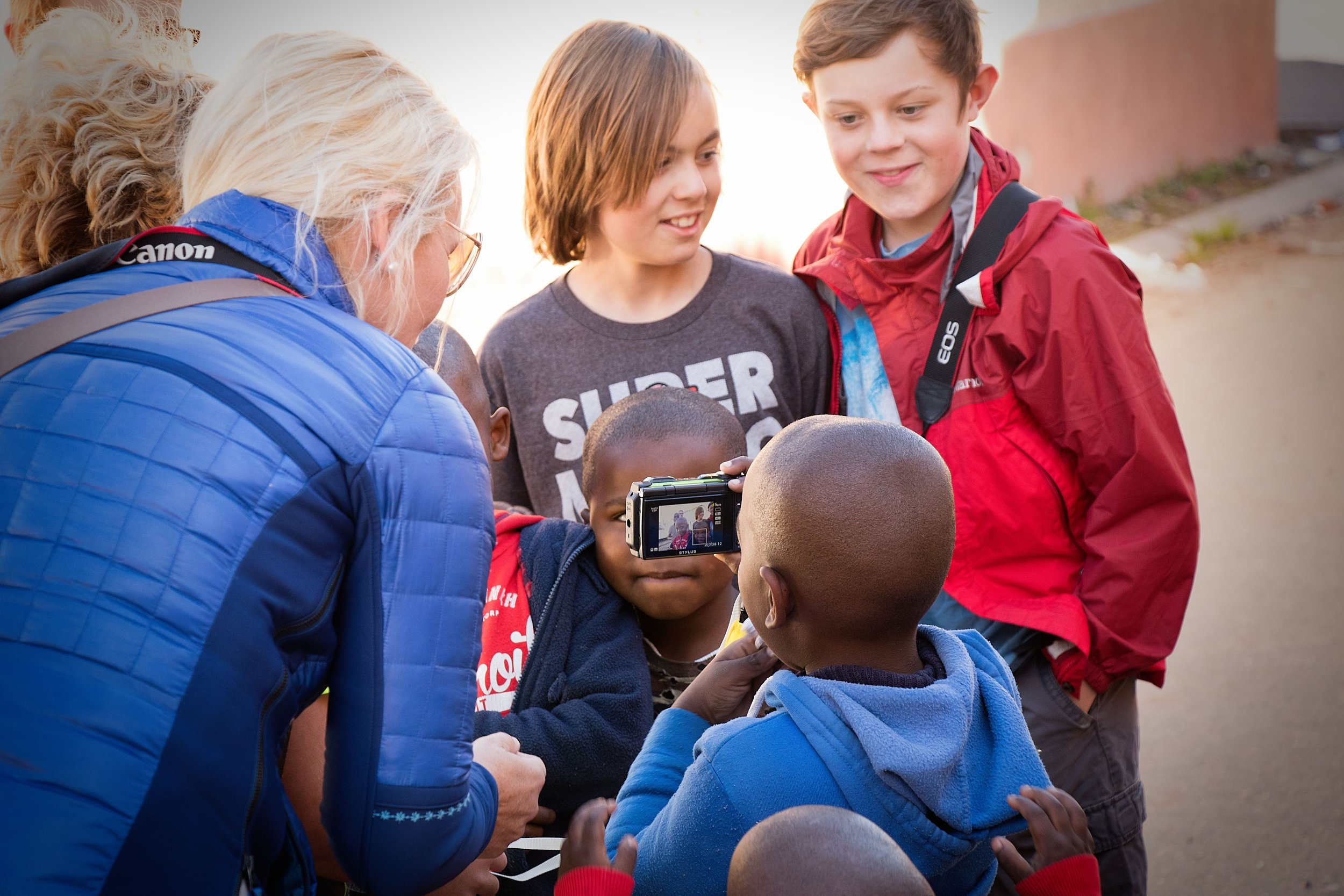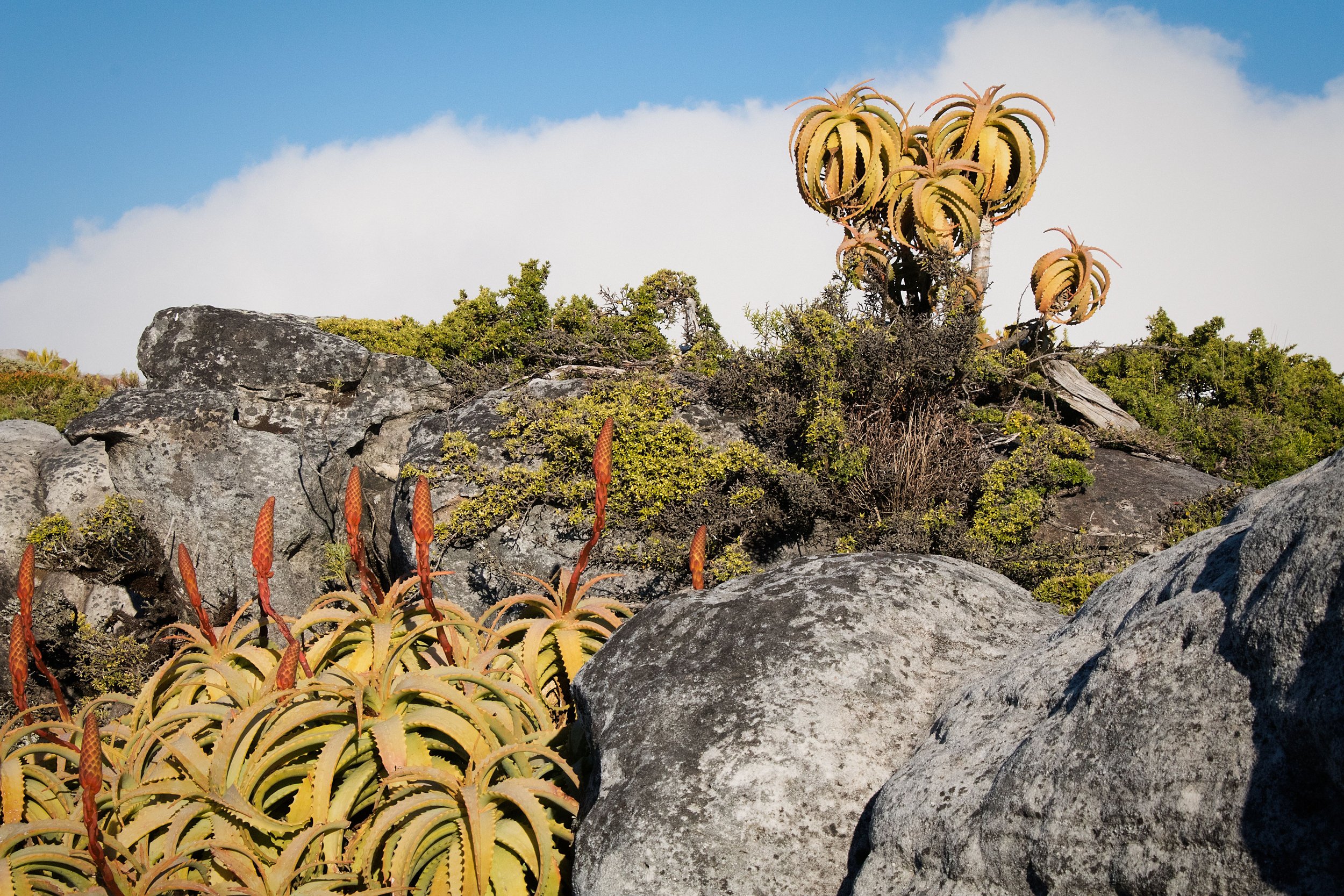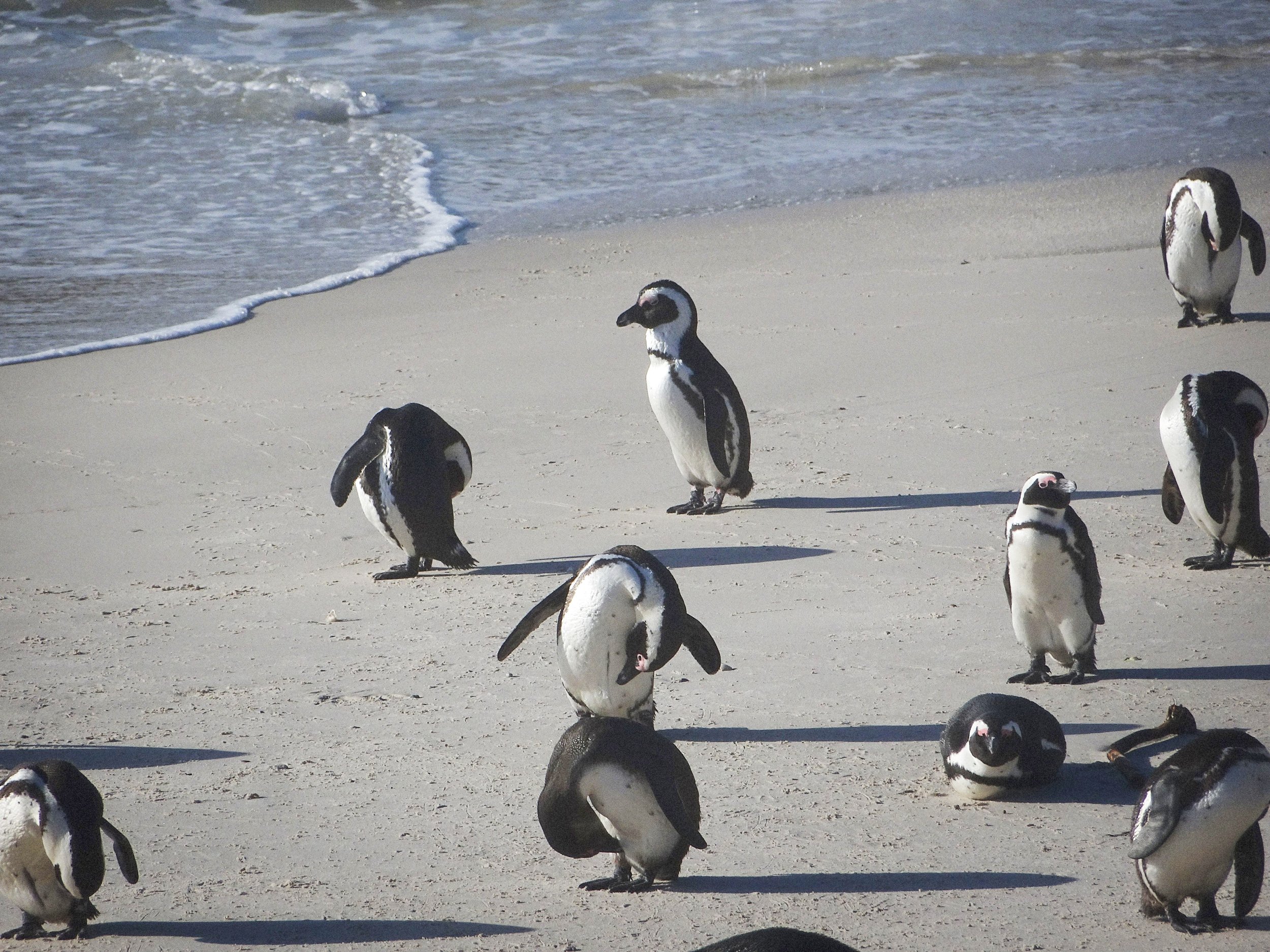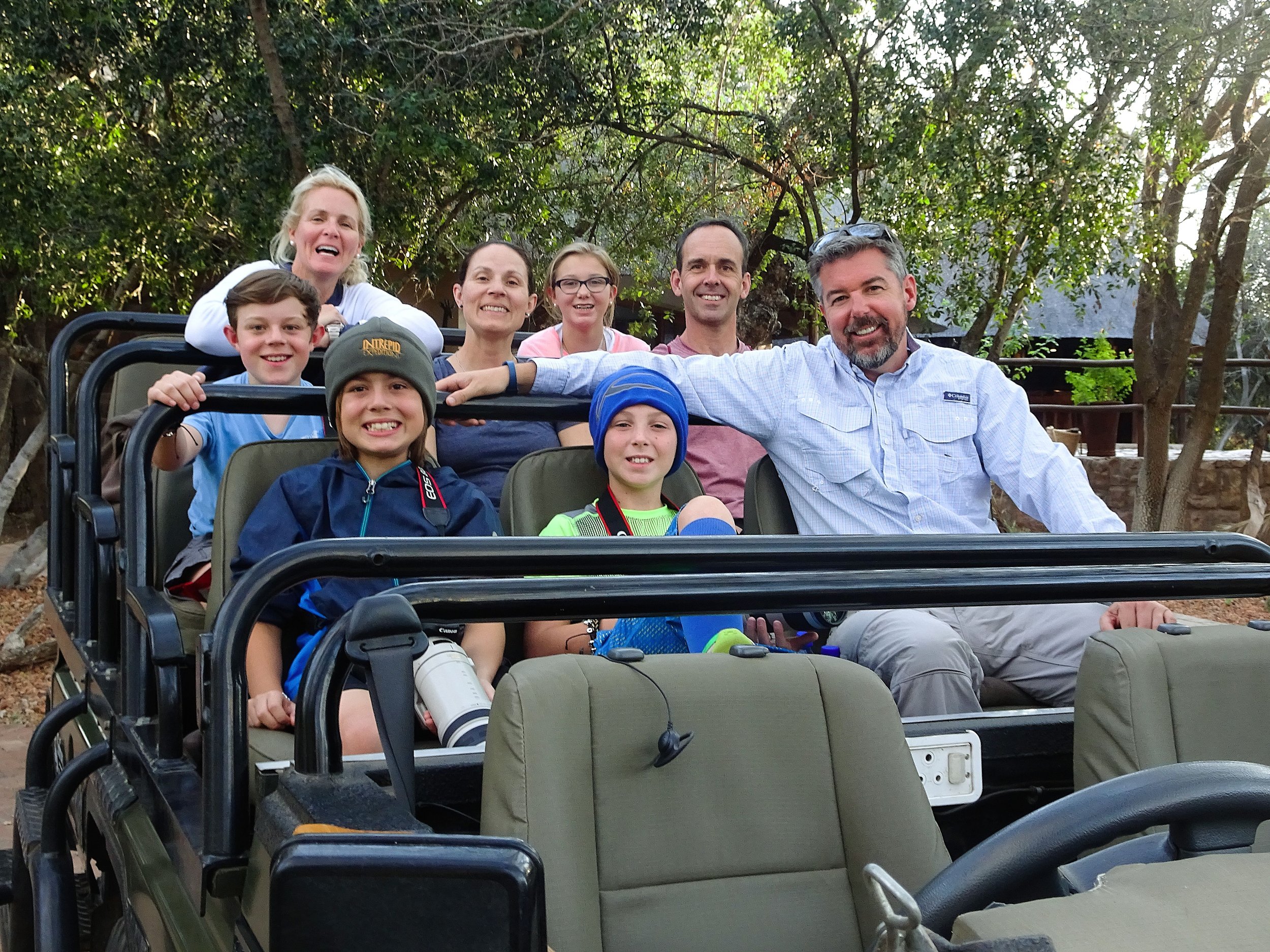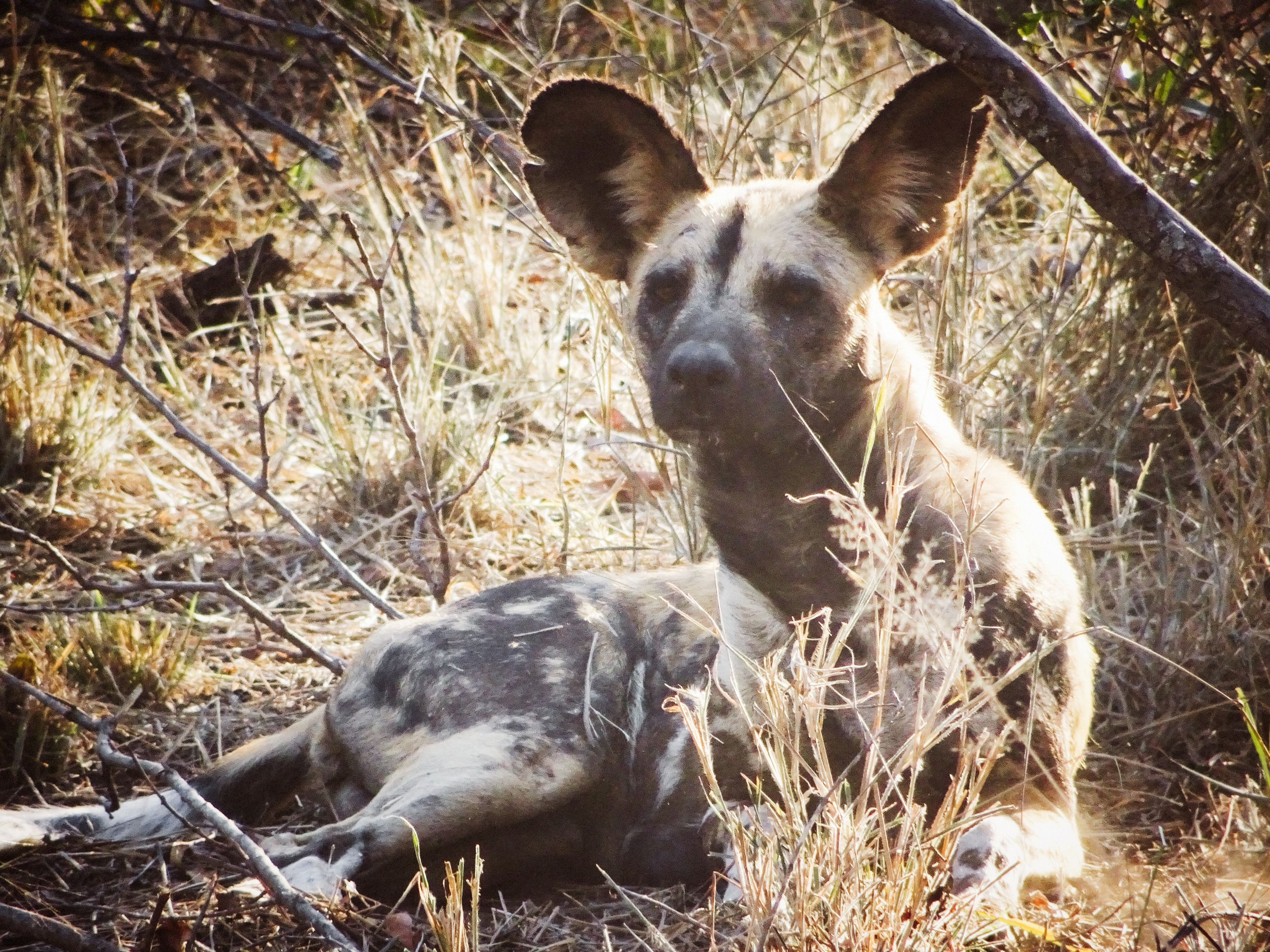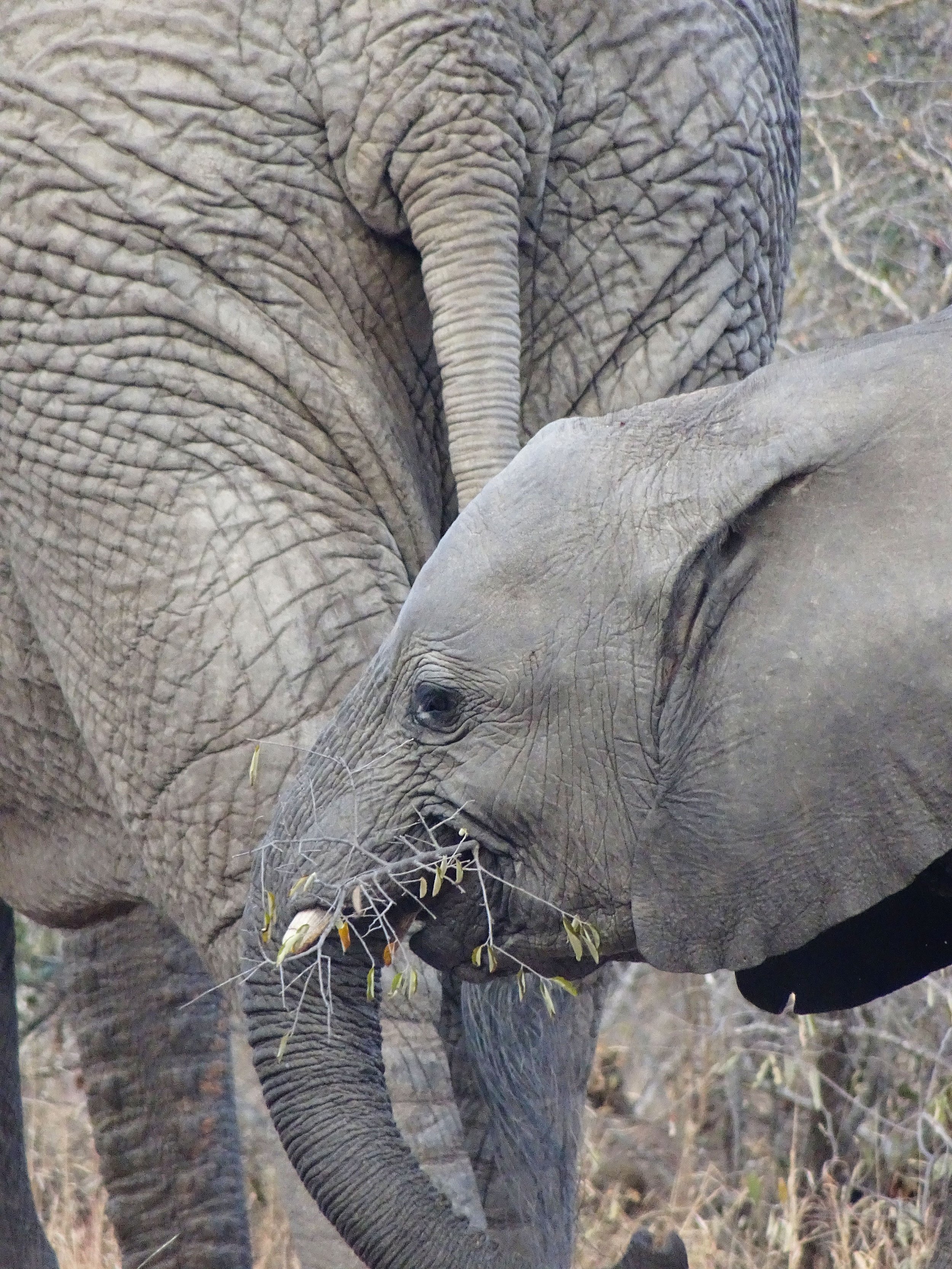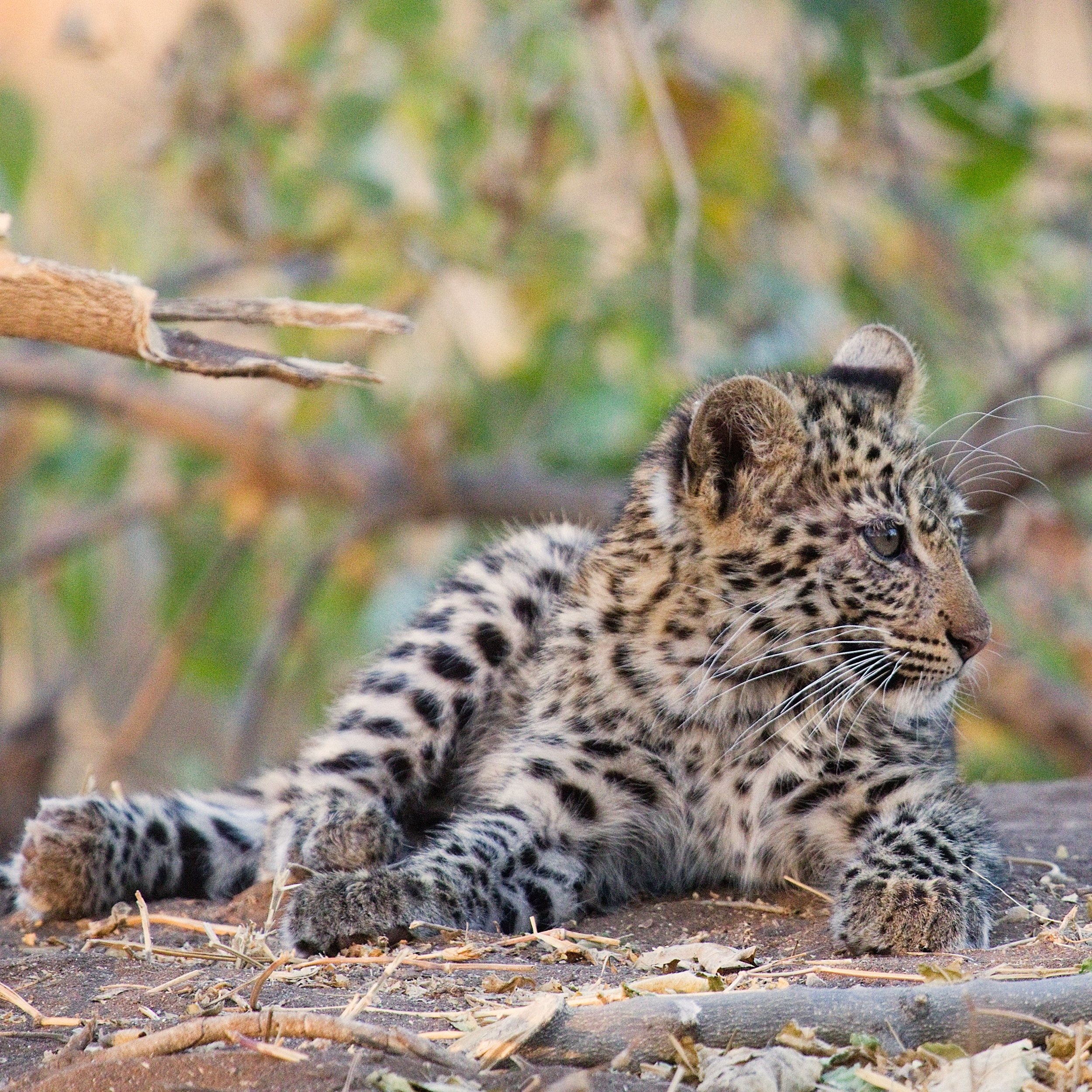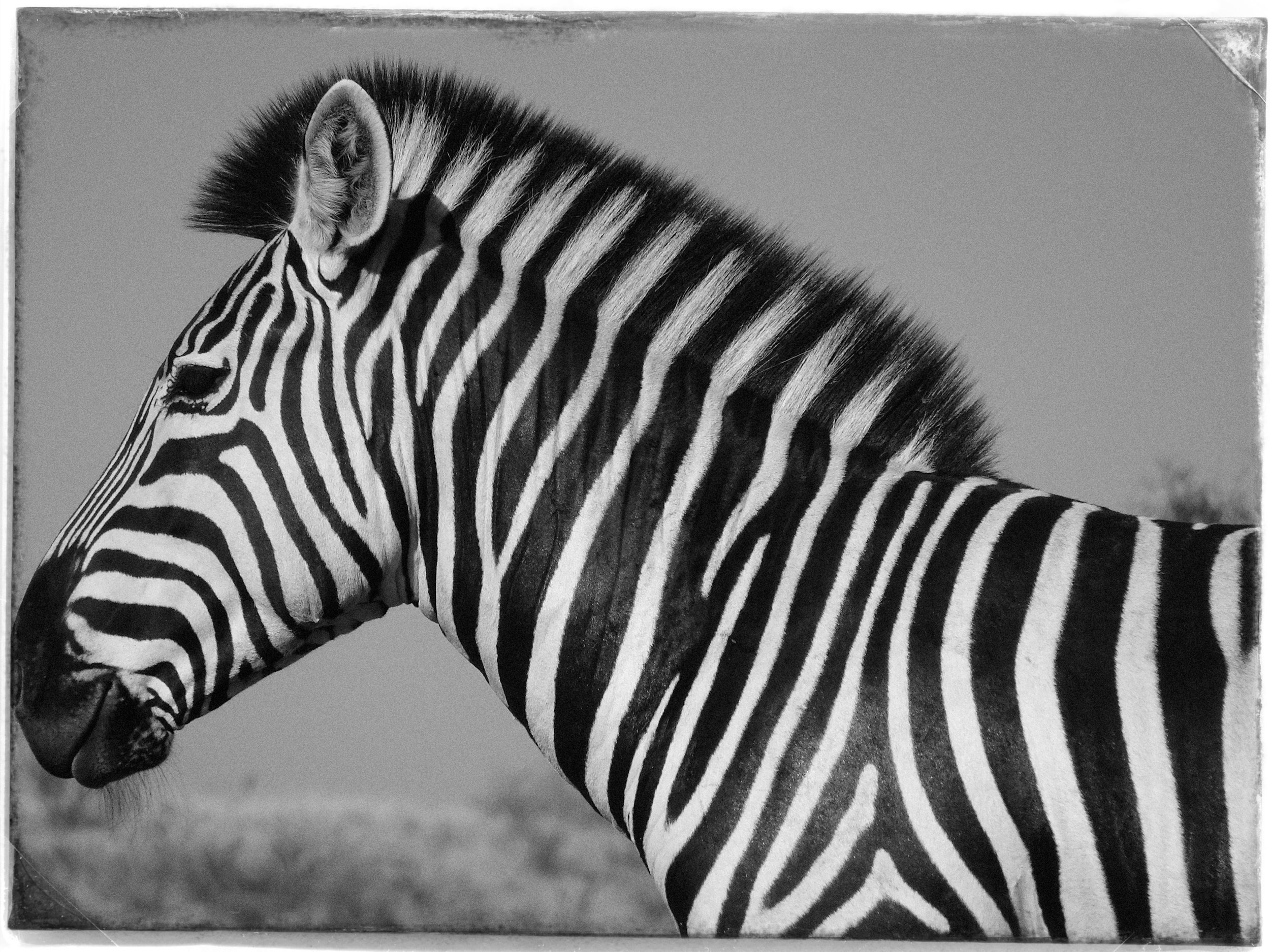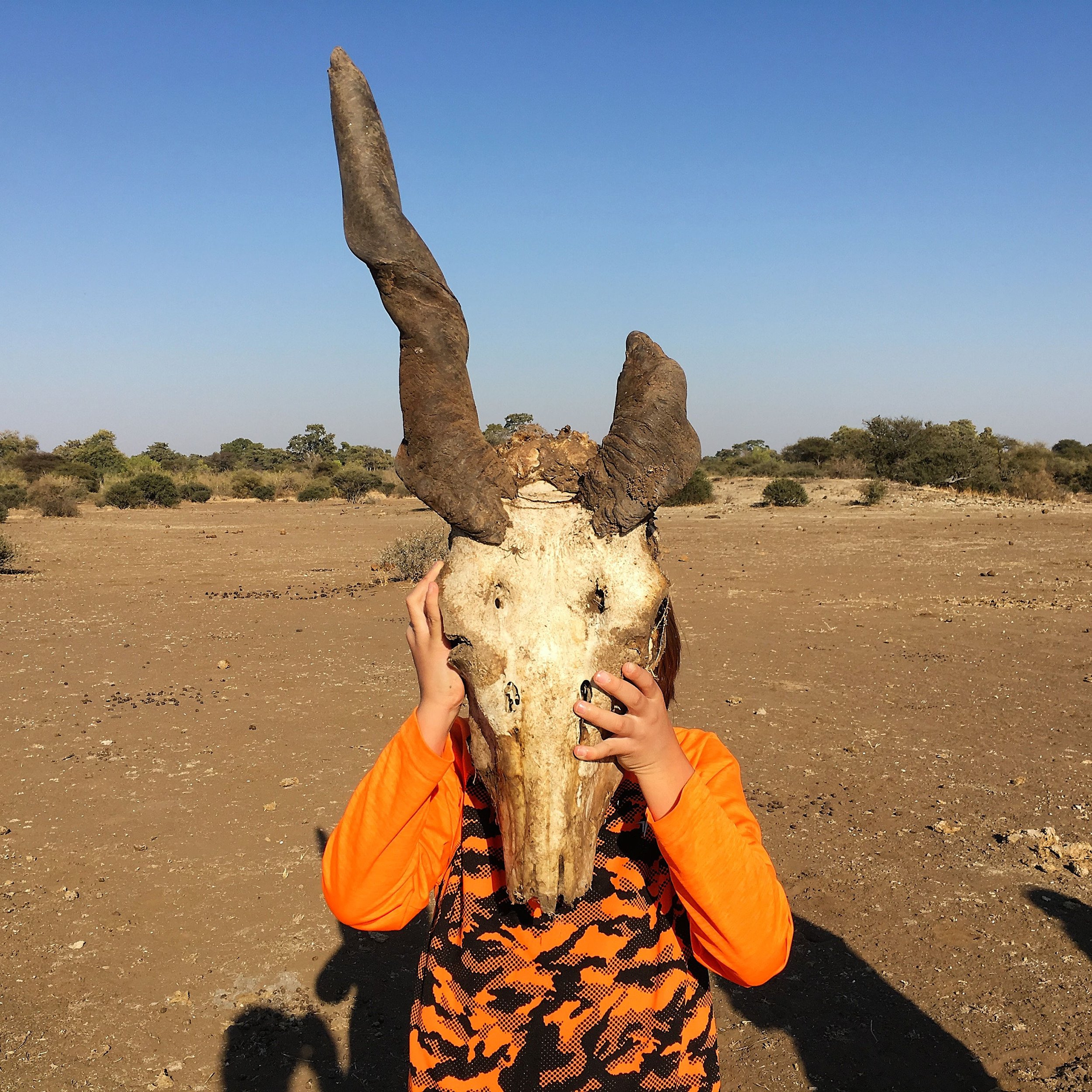Considering a Family-Friendly African Safari?
A Q&A with Custom-Safari Expert Simon Gluckman, Intrepid Expeditions
Photos by Michael Mundt
Posing at a beautiful sunset in Mashatu Game Reserve, Botswana.
1. What’s the minimum age a child can experience a safari?
The youngest I would recommend is age 4, for several reasons. First, kids this age usually start to show an appreciation for animals. In addition, they are typically able to tolerate long airplane flights, as well as listen to and absorb information from a guide. And depending on where and what time of year you plan to visit, the recommended anti-malaria medication is suitable for children ages 4 years and over.
2. What are some of the most important elements of a good family safari?
Again, it depends on the age of the children. But, in general, families want to keep kids interested by varying the activities as much as possible.
So I prefer to send families to specific properties that offer more than just the standard twice-per-day game drives, such as night drives, nature walks and visits to nearby villages.
And there are even some properties I use that staff resident researchers, who allow guests to accompany them on a day of scientific study. From using an antenna to locate a collared animal to making molds of fresh tracks and teaching about how certain plants are used by locals, kids are engaged and learning. And they usually don’t mind a little walking that comes with the excursion.
I also believe it’s important to include cultural excursions beyond the safari to give kids a well-rounded experience. For example, I send many families to animal-rehabilitation centers in conjunction with traditional safaris to try and tie everything together for children. In doing so, kids get to learn about what’s happening in the wilderness and what can happen if we don’t protect it.
Finally, I think it’s just as important to include a trip to a local school. Not only is it fun for the kids, but it’s also the perfect is opportunity for our children to see how happy the African children are in the most basic living conditions. Obviously the hope is that they go home with a greater appreciation for their lives back home.
3. Where would you send a family with children on their first African safari?
South Africa is great for numerous reasons. For starters, it is relatively easy to travel to within the country, and there are many family-friendly accommodations that include swimming pools (usually a must for kids). As well, many of the country’s reserves are considered "malaria free," so you don't need to take any medication.
The country is also a leader in conservation efforts, which means there are numerous rehabilitation and breeding centers—including ones for cheetahs, wild dogs, rhinos and raptors, to name a few—which, as I mentioned before, are great destinations for kids to learn about conservation.
As well, visiting Cape Town offers access to all kinds of experiences beyond a traditional game drive: riding a cable car to the top of Table Mountain, hanging out at the beach or visiting a township school. Even the Cape winelands can be interesting: Some make their own cheeses, so kids are introduced to that process while the parents taste wine. There’s something for everyone.
4. What is a key factor in planning a family-friendly safari that customers often don’t anticipate?
There are so many pieces of the puzzle to consider when planning a trip of this magnitude. But one of the things I’m constantly telling families is that it is critical to have the right guide to suit your family’s needs. And that goes beyond general knowledge of the animals and habitats; it’s also about catering to the kids.
After all, the guide is your teacher, so it’s important that you tour with one who will communicate with parents about what’s appropriate for their children. Because you have to remember that safaris are not a controlled environment, so you never know what you’re going to see.
For instance, you may see a lion with prey hanging from its mouth, or animals mating or calving. There’s also a chance, too, that you’ll be disappointed and not view a certain animal.
And while it’s rare to witness an animal kill, you also need to consider it a possibility. In fact, I have seen one of our guides drive away from a sighting simply because he knew it would be too tough for the family to witness.
In other words, you don’t want to pick a tour based solely on accommodations and price. I’ve seen so many people make that mistake, ending up riding with 12 other tourists and a guide who speaks little English. How likely, then, is that guide going to put a safari experience in perspective for kids? Not very.
So if you want your children to see animals as they are in the wild, you need an experienced, intuitive guide who can offer your family the best chances for educational, enjoyable and safe safari experiences.
5. Any final advice for families?
Regardless of where you go, make sure to minimize the number of times you switch hotels or camps. It’s also a good idea to arrange a private vehicle—minimal-to-no added expense for families of four or more—allowing you to tailor game drives to the kids’ needs without affecting other travelers.
To view a South African Family Safari itinerary and pricing, click here. For further information on planning a customized African safari, contact Intrepid Expeditions.
Editor’s note: In the interest of full disclosure, Michael and I met Simon in 2004 on a safari he planned for us with another company. Not only do I recommend him because he’s a friend and an all-around good guy, but also he knows his stuff. Born in South Africa and raised in the States, Simon has dedicated his entire career to planning unique itineraries, experiencing more than 1,000 game drives along the way.
I also appreciate that Simon supports sustainable travel, donating funds to organization that support both conservation and tourism, as well as his attention to detail in planning a dream safari like the family one we took (Cape Town, followed by game reserves in South Africa, Botswana, and Zimbabwe) in 2017.
And one last thing I love? Intrepid Expeditions can add a philanthropic element to any itinerary, such as organizing a book or toy drive and facilitating the donation when a family visits the local school. With just a little bit of effort and minimal cost other than shipping the goods, he says, “It can make an already phenomenal trip a once-in-a-lifetime experience.”
